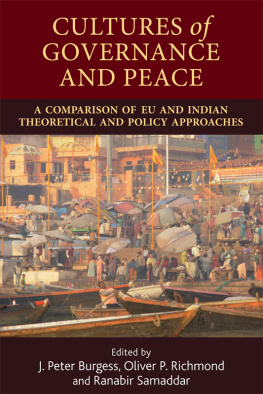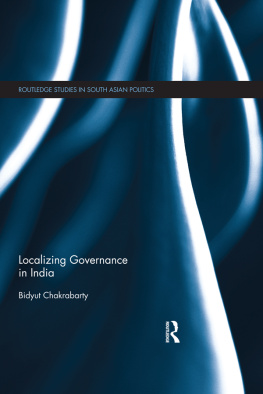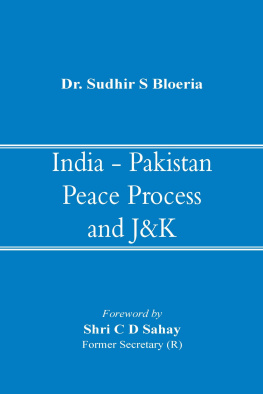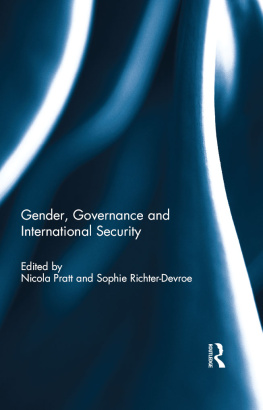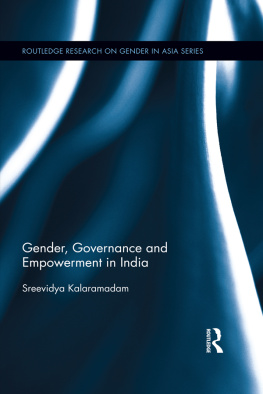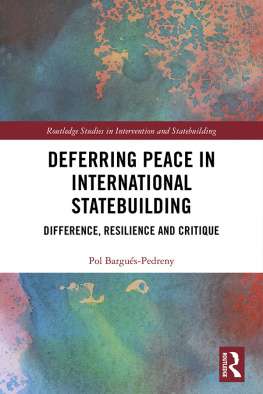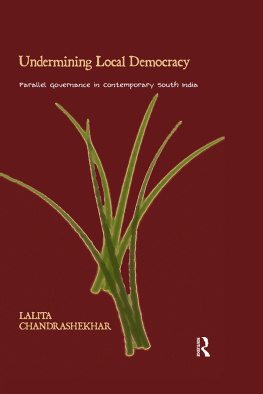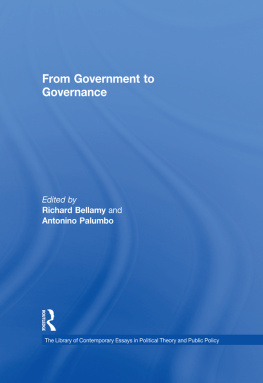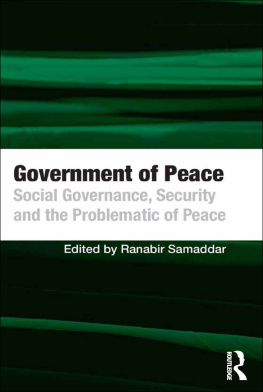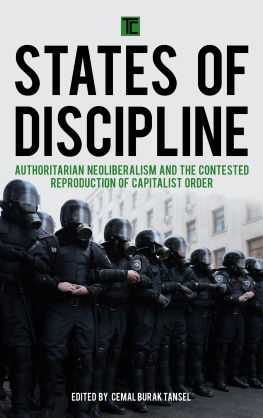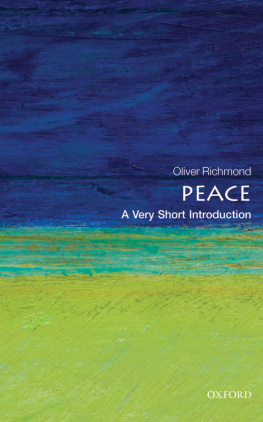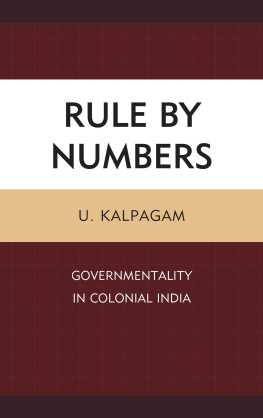Copyright Manchester University Press 2016
While copyright in the volume as a whole is vested in Manchester University Press, copyright in individual chapters belongs to their respective authors, and no chapter may be reproduced wholly or in part without the express permission in writing of both author and publisher.
Published by Manchester University Press
Altrincham Street, Manchester M1 7JA
www.manchesteruniversitypress.co.uk
British Library Cataloguing-in-Publication Data
A catalogue record for this book is available from the British Library
Library of Congress Cataloging-in-Publication Data applied for
ISBN978 07190 9955 7hardback
First published 2016
The publisher has no responsibility for the persistence or accuracy of URLs for any external or third-party internet websites referred to in this book, and does not guarantee that any content on such websites is, or will remain, accurate or appropriate.
Typeset 10.5/12.5pt Sabon
by Toppan Best-set Premedia Limited
Contributors
Paula Banerjee specialises in issues of conflict, peace and displacement in South Asia. She has published extensively on issues of borders in South Asia. She has written and edited fourteen books and multiple articles including a special volume in Journal of Borderlands Studies entitled Women in Indian Borderlands. Her book Borders, Histories, Existences: Gender and Beyond (2010) has been widely quoted. Paula Banerjee is an international editorial board member of a number of journals including the Oxford Journal of Refugee Studies, and editor of Refugee Watch. She is the current President of the International Association of Studies in Forced Migration and the Calcutta Research Group. She presently teaches at the Department of South and Southeast Asian Studies, University of Calcutta.
Navnita Chadha Behera is Professor at the Department of Political Science, University of Delhi. She has more than fifteen years' research experience on Kashmir, and has authored two books: State, Identity and Violence: Jammu, Kashmir and Ladakh (2002); Demystifying Kashmir (2007), which have been rated among the top non-fiction books in India. Her other research interests include IR of South Asia, in particular, issues of war, conflict and political violence and international security.
J. Peter Burgess is Professor and Chair in Geopolitics of Risk, cole Normale Suprieure, Paris and Adjunct Professor, Centre for Advanced Security Theory, University of Copenhagen. His research and publications concern the meeting place between culture and politics in particular in Europe, focusing most recently on the theory and ethics of security and insecurity. His most recent book is The Ethical Subject of Security: Geopolitical Risk and the Threat against Europe (2011).
Sumona DasGupta is a political scientist based in New Delhi who writes on democracy, governance, peace and conflict issues in South Asia and India. Jammu and Kashmir on which she has conducted extensive research for fifteen years have been her longstanding area of interest. She is currently visiting Senior Fellow with Participatory Research in Asia (PRIA), and is chair of the international advisory group of International Conflict Research Institute, University of Ulster, UK. Dr DasGupta was the lead PRIA researcher for the project on cultures of governance and conflict resolution in Europe and India (201113); and in 2014 was Visiting Fellow with the South Asia programme of S. Rajaratnam School of International Studies, Nanyang Technological University, Singapore where she continued to work on issues related to Kashmir. Publications include: Citizen Initiatives and Democratic Engagements: Experiences from India (2013). She is currently working on a book on Kashmir.
Janel B. Galvanek is Project Manager at the Berghof Foundation. She is currently working on a research project on traditional and non-traditional forms of conflict resolution in Liberia, Colombia and North-East India and is managing the dialogue project involving the High Peace Council of Afghanistan. Previously, she was a researcher for the EU-funded CORE project, and also has research experience in Liberia on the reintegration of child soldiers. Her other topics of interest include the interaction between state and non-state actors during conflict; engaging local actors in conflict transformation; and the global phenomenon of child soldiers, with a regional focus on sub-Saharan Africa and South Asia. She holds a master's degree in peace research and security policy from Hamburg University, and an MA in German studies from Georgetown University in Washington, DC.
Atig Ghosh is a member of the Calcutta Research Group and teaches history at Visva-Bharati University, India. He has published variously on the political economy and culture of nineteenth-century Bengal, statelessness in South Asia, accumulation under post-colonial capitalism, and surveillance technologies of the post-colonial Indian state.
Hans J. Giessmann is an executive director of the Berghof Foundation, prior to which he was Deputy Director of the Institute for Peace Research and Security Policy at the University of Hamburg, where he still has an affiliation as a professor and is a member of the social science faculty. He is also on the Board of Directors for the European master's programme in human rights and democratisation. Since 2009 he has been a member of both the Global Agenda Council on Terrorism at the World Economic Forum and of the European Expert Network on Terrorism. He is also a member of the Advisory Board for Civilian Crisis Prevention at the German Federal Foreign Office. Professor Giessmann is co-editor of Security and Peace and Connections. He has published, edited or co-edited over twenty books and numerous articles. He graduated from the Humboldt-University in Berlin and holds doctorates in both philosophy and political science.
Elida K. U. Jacobsen is a Senior Researcher at the Peace Research Institute Oslo. Her research is situated in critical security studies, postcolonial studies, gender studies and peace and development research. She is also the academic manager of the undergraduate course in Peace and Conflict Studies by Oslo and Akershus University College, which takes place in Pondicherry, India. Recent publications include: Unique identification: Inclusion and surveillance in the Indian biometric assemblage, Security Dialogue, 43:5 (2012); The plurality of peace, non-violence and peace works in India, co-authored with Samrat S. Kumar, in Upadhyaya et al. (eds), Peace and Conflict: The South Asian Experience (2014); and The cross-colonization of finance and security through lists: Banking policing in the UK and India, Environment and Planning D: Society and Space, 34(1) co-authored with Anthony Amicelle (2016).
Kristoffer Lidn is a Senior Researcher at the Peace Research Institute Oslo, working on the ethics of peacebuilding, security and humanitarianism within the disciplines of philosophy and IR. His publications include: Building peace between global and local politics: On the cosmopolitical ethics of liberal peacebuilding, International Peacekeeping, 16:5 (2009); Peace, self-governance and international engagement: From neocolonial to post-colonial peacebuilding, in Shahrbanou Tadjsbakhsh (ed.),

